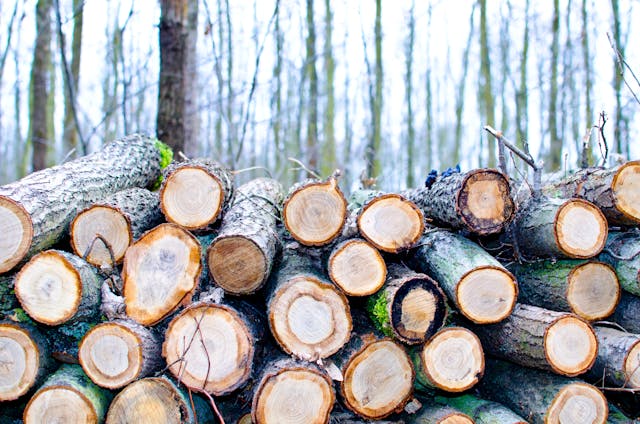By Gerelyn Terzo, Global AgInvesting Media
Timberland, whether it’s forestland, the trees on that land or a combination of both, has historically served as an attractive asset class. With historical returns of 10.9 percent over several decades, investors not only gain exposure to capital gains but also income generation (cash flow) through yield. Considering biological growth reflects over half (60 percent) of timberland’s total returns, this asset class has a low correlation to other investment categories while also providing inflation-hedging features.
With just over half-a-dozen public pension funds overseeing a combined ¥90 trillion (US$600 billion) in AUM, all of which are aligned with the Principles for Responsible Investment (PRI) standards, Japan’s institutional investors are key to the ongoing growth of timberland as an asset class. PRI is a UN initiative launched nearly 20 years ago to catalyze investment into assets with ESG characteristics.
Boasting ¥219 trillion (US$1.4 trillion) in AUM, Japan’s Government Pension Investment Fund — the biggest pension scheme on the planet — was an early mover among Japanese pensions to join PRI, setting a model for other funds to emulate. Since then, all seven of Japan’s public pensions have become PRI signatories, the last two of which signed on in July, per the urging of former Prime Minister Fumio Kishida.
Shin Kubo, who is at the helm of Investment Excellence Japan, is scheduled to speak at the GAI Asia event on Friday, Oct. 18 in a session entitled, the “Value-Add of Timberland Investment and Unique Ecosystem of Japanese Pension Markets.” As GAI News has reported, Japan’s institutional capital has been increasingly directed overseas into agricultural assets of late, including some farmland:
— Daiwa Securities Group is reportedly eyeing an expansion into Australia’s agriculture sector, including investment and lending opportunities. The firm is considering agriculture as part of a broader push into Australia’s property and renewable energy sectors.
— The Development Bank of Japan (DBJ) made history as the maiden Japanese firm to invest in the Laguna Bay fund in 2023. DBJ has been making an international ag investment push since 2020.
— Japan’s Sumitomo Mitsui Trust Bank (SMTB) recently unveiled its plans to invest in Laguna Bay Fund 2, overseen by Australian fund manager Laguna Bay Group, which specializes in food and agriculture in the Australasian region across themes including rising food demand, decarbonization and costs.
— In 2023, the Pension Fund of Japanese Corporations (PFJC), which oversees multiple corporate pension schemes, committed to investing in Western Australian farmland — including row crops like wheat, beans and avocados — through its investment fund via Macquarie Asset Management. PFJC Chief Investment Officer Yoshisuke Kiguchi is cited by AsianInvestor as saying, “We find farmland to be an attractive investment strategy because the sector and the assets play an important role in all economies – and we have no investments in the sector now so it provides us with further diversification.”
To hear about the value-add of timberland in Japan’s influential pension system, don’t miss Shin Kubo of Investment Excellence Japan’s session at the GAI Asia conference in Tokyo on Friday, Oct. 18.
*The content put forth by Global AgInvesting News and its parent company HighQuest Partners is intended to be used and must be used for informational purposes only. All information or other material herein is not to be construed as legal, tax, investment, financial, or other advice. Global AgInvesting and HighQuest Partners are not a fiduciary in any manner, and the reader assumes the sole responsibility of evaluating the merits and risks associated with the use of any information or other content on this site.

